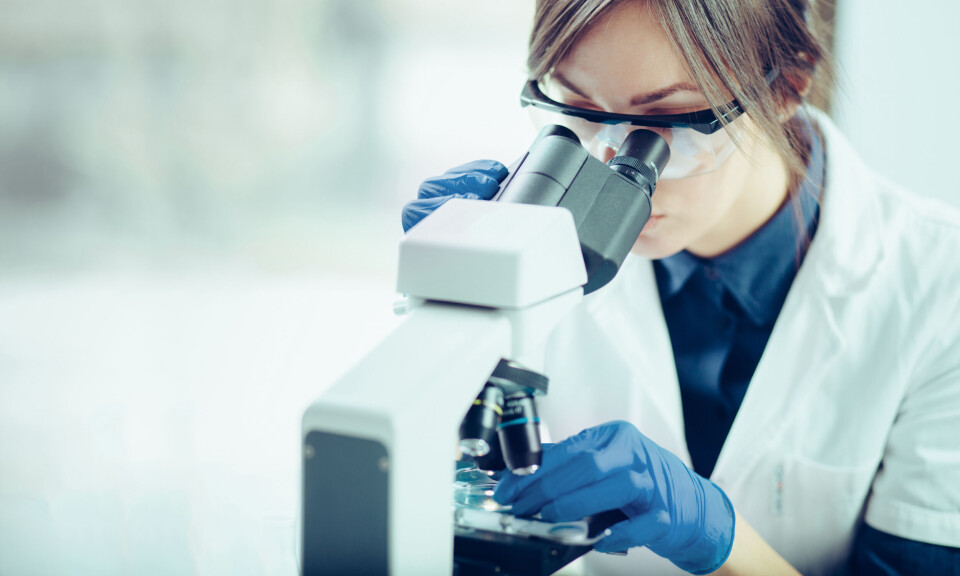-
French astronaut Sophie Adenot makes history as she blasts off on space station mission
Pupils in 4,500 schools set to copy her science experiments to compare results on Earth and in space
-
How accurate are time estimates for French hiking paths?
Mathematical formula is basis for sign figures
-
My French cleaner is too familiar with me
Columnist Cynthia Spillman advises a reader on setting boundaries
Can I donate my body to science once I die in France?
We explain the process for people who wish to help scientific research and learning after their death

Reader question: I have always wanted to donate my body to science after I die, just as my father did. I was planning to organise this in the UK but I now live permanently in France. Can I do it here? And if so, how?
It is entirely possible to donate your body to science in France.
Around 3,000 donations of this type are made each year in the country, according to lassurance-obseques.fr, a funeral insurance comparison site.
How do you donate your body?
You have to organise the donation with one of the 28 medical faculties involved in the process – choosing one that is closer to where you live makes the most sense.
You can see a full list of the 28 faculties at this link here (scroll down until you see the heading ‘Liste des facultés de dons du corps’.
The 28 medical faculties are located all over France.
Be aware that some faculties may ask you to pay to donate your body, in order to cover the costs of treating your body and the remains.
You should check in advance with the medical faculty if they intend to charge, with fees sometimes reaching over €1,000.
The best way to organise the donation is to make contact with the faculty of your choice and ask them about their specific process, as it varies from place to place.
Generally, you will be asked to write a letter stating your wish to donate your body, to provide a medical report listing any possible contagious diseases and, when necessary, to pay the required fees.
Once your request has been received and approved, you will be sent a certificate confirming your decision as well as your donor card.
Why the donor card is important
The medical faculties have a maximum of two days (48 hours) to recover your body. They can only do this if your donor card is found and your identity confirmed.
For this reason, it is best to keep your donor card with you at all times, along with some sort of ID.
You should also inform your family, relatives or close friends of your decision to donate your body to science so that they are not confused or unsure of what to do upon your death.
What do you do if you change your mind?
If you ever change your mind about donating your body, you can simply destroy your donor card.
What happens after your body is used?
Your body could be used for research or to train new medical professionals.
It is rare that once the medical faculty is finished with your body that they return the ashes to your family, but it is possible to arrange. You should check with the faculty you choose to donate to.
Most of the time, the corpses are cremated anonymously.
Your body may not be used immediately. In fact, it can be weeks, months or years between your death and the body being finally cremated.
Related articles
Can British people banned from giving blood in France be organ donors?
British people can give blood in France (just not for transfusions)
Is France’s blood donation ban on people who were in the UK justified?
























